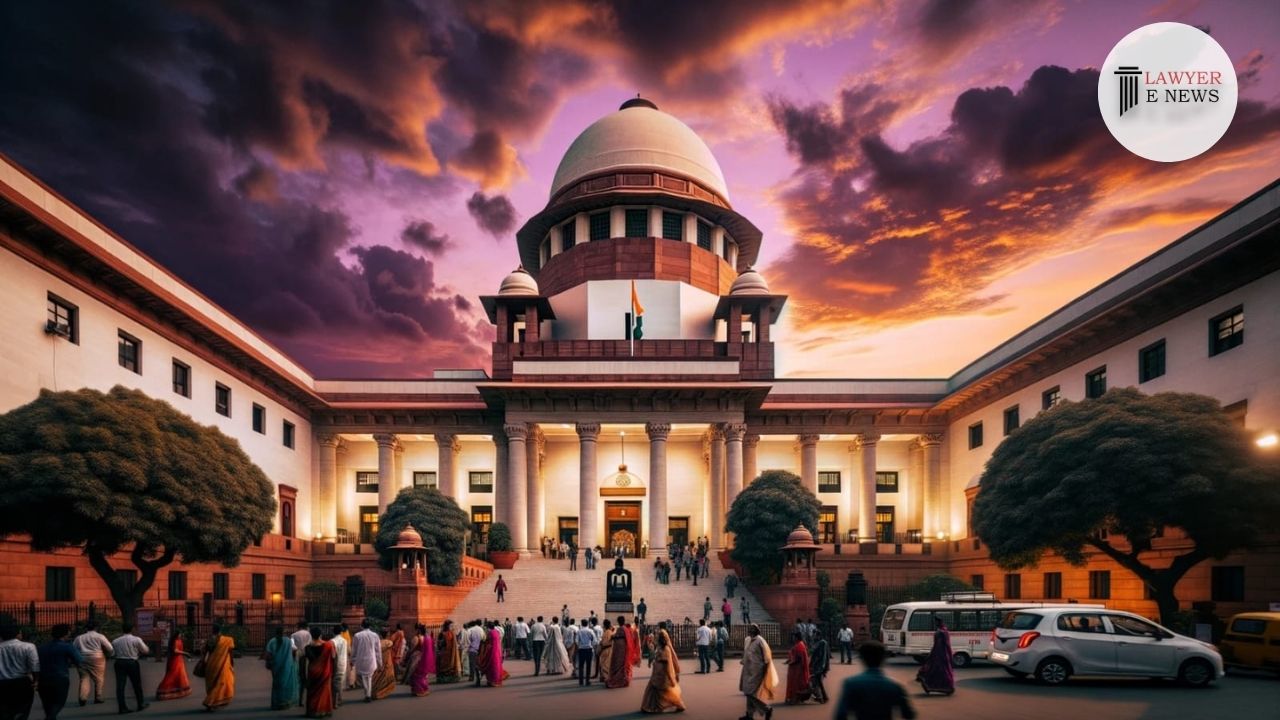-
by sayum
14 February 2026 2:22 PM



The Supreme Court in a significant judgment clarified the contours of Section 143A of the Negotiable Instruments Act, 1881, emphasizing the discretionary nature of the provision for interim compensation in cheque dishonor cases. The bench comprising Justices Abhay S. Oka and Ujjal Bhuyan held that "the exercise of power under Section 143A(1) is discretionary, not mandatory," setting aside the orders of the lower courts for lack of proper evaluation of relevant factors and directing the Trial Court to reconsider the application for interim compensation.
The judgment revolved around the interpretation of Section 143A of the Negotiable Instruments Act, which deals with the grant of interim compensation in cases of cheque dishonor. The primary legal question was whether this provision is mandatory or directory in nature, and the factors to be considered while exercising this discretion.
The appellant, Rakesh Ranjan Shrivastava, challenged the orders of lower courts directing him to pay interim compensation in a case filed under Section 138 of the N.I. Act by the respondent. The dispute arose over alleged non-payment of dues in various business arrangements and resultant bounced cheques.
The Court observed that while exercising power under Section 143A, courts must engage in a prima facie evaluation of the case's merits, considering factors like the nature of the transaction, the strength of the defence, the relationship between the parties, and especially the financial distress of the accused. The Court noted, “The broad parameters for exercising discretion under Section 143A are as follows: (i) Evaluation of the merits of the case and the defence, (ii) Financial distress of the accused, (iii) Nature of transaction and relationship between parties.”
The Supreme Court partly allowed the appeal, emphasizing judicial discretion in granting interim compensation and directing the Trial Court to reconsider the application afresh in line with these principles.
Date of Decision: March 15, 2024
Rakesh Ranjan Shrivastava Vs. The State of Jharkhand & Anr.
